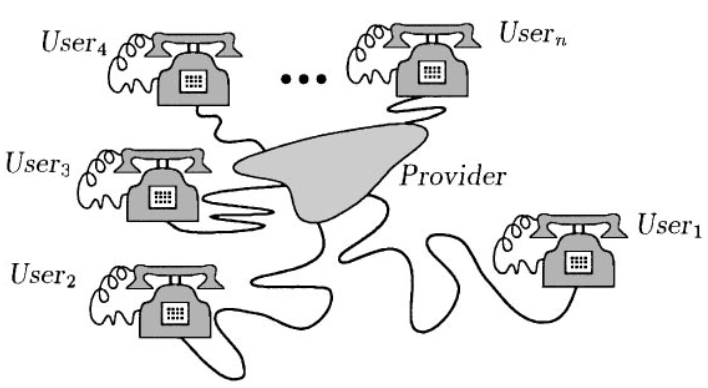Telephone Service 2021
Telephone Service 2021: a reader asks…

I currently use Verizon for my home phone and Cox for my internet. Cox is offering me a bundle for telephone, TV and phone. Should I switch? I want to make sure my home phone works even in a power outage.
The short answer is that it’s probably a wash in terms of which is better, Verizon FIOS telephone service or Cox Residential telephone service. Both use Voice over Internet Protocol (VoIP) technology rather than copper wires, so are dependent on both electrical power and internet connectivity for telephone service. Traditional telephone service over copper wires works even in a power outage. This is probably not as big a deal these days (with cell phones everywhere), and not likely to even be a part of your service if you live in an urban or suburban area in the US. Both systems have battery backup to provide several hours of talk-time during a power outage.

Here’s the detail: Cox’s current digital telephone service offerings use Cox’s VoIP telephone service and hooks that up with your traditional telephone wiring (which can use any ordinary touch-tone telephone or telephone system). They use two different cable modem models, depending on your internet speed (Cisco DPQ3212 for internet speeds up to 150Mbps, or Arris TG2472 for internet speeds up to 500Mpbs).
Voice over Internet Protocol (VoIP) is internet telephone service, not traditional phone service over copper wiring from the telephone company. There are some upsides and downsides to this:
- VoIP call quality can be much better than traditional telephone service.
- But it can also suffer from short-term/significant call quality degradation, making it temporarily worse than traditional telephone service.
- This is totally up to how the internet works. Cox usually provides “just enough” bandwidth for a neighborhood. If, for example, all your neighbors decide to start streaming Netflix at the same time, your telephone quality could degrade.
- Your phone service is dependent on electrical power service. If your power goes out, your phone service may only have limited battery backup capability.
- Cox says you get up to 8 hours of standby or 4 hours of talk time before the battery gives out. Most online reviews say much less.
- Once the battery runs out, you have no phone service. This is not the case for traditional telephone service which gives you dial tone/calling capability even in a local power outage.
- With the proliferation of cell phones, having a landline for emergency use in a power outage is less critical.
- Your phone service is dependent on your internet connectivity. No internet, no phone.
- Both Cox and Verizion FIOS do provide e911 service with their residential service offerings, which is not normally the case with other VoIP systems/services.
Some older neighborhoods (where Cox hasn’t yet run higher-bandwidth cable service) may not get the higher quality telephone service (#1 above). I’m guessing that’s not the case with you. If you are getting 150Mbps internet service or higher, then you can use Cox’s higher-quality VoIP service.
All that said, Verizon has been moving neighborhoods over from traditional copper telephone service to their newer VoIP service (as part of their FIOS service upgrade). FIOS telephone service is essentially the same as Cox’s VoIP, except where Cox transmits the data packets over their coaxial cable lines, FIOS transmits over their fiber-optic lines. If Verizon upgraded your home telephone service and installed a box in your basement somewhere (called a NID), then they probably cut the copper lines running to your house and you are using their VoIP service over fiber.

The biggest difference between traditional telephone service over copper wires (aka “POTS”) and digital telephone service (aka VoIP)? Traditional converts your voice to radio signals which transmit over wire from your phone to the other caller’s phone. This is “analog” signal transmission where the signal is transmitted in real-time. Digital telephone service takes your voice (coming from your phone), digitizes it, and transmits as a series of packets – little bits of information – that go across the internet. Packets transmit across the internet in various ways and don’t all follow the same path, nor arrive at the other end exactly on time and in order. At the other end, your service re-assembles the packets, puts them in order, and converts that back to an analog voice signal playing out on the other caller’s phone.
This website runs on a patronage model. If you find my answers of value, please consider supporting me by sending any dollar amount via:
or by mailing a check/cash to PosiTek.net LLC 1934 Old Gallows Road, Suite 350, Tysons Corner VA 22182. I am not a non-profit, but your support helps me to continue delivering advice and consumer technology support to the public. Thanks!







